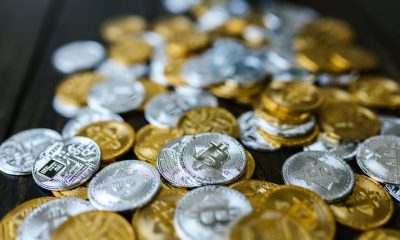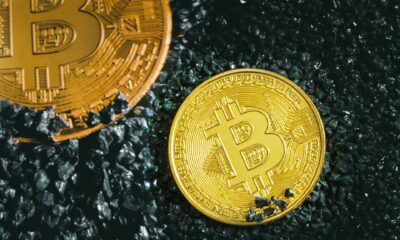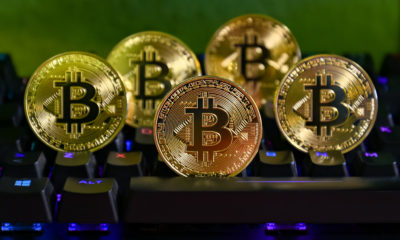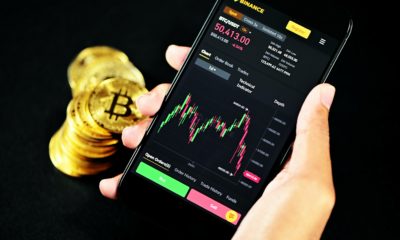Crypto
El Salvador To Change BTC Policy to Access IMF Loan of $1 Billion
El Salvador is reconsidering Bitcoin as legal tender under IMF pressure. To secure a $1.3 billion loan, the government plans to make Bitcoin a voluntary payment option, reversing its 2021 mandate. Despite Bitcoin’s limited use among citizens, the state claims a 127% profit on investments. Domestic challenges and IMF demands are reshaping Bukele’s crypto ambitions.
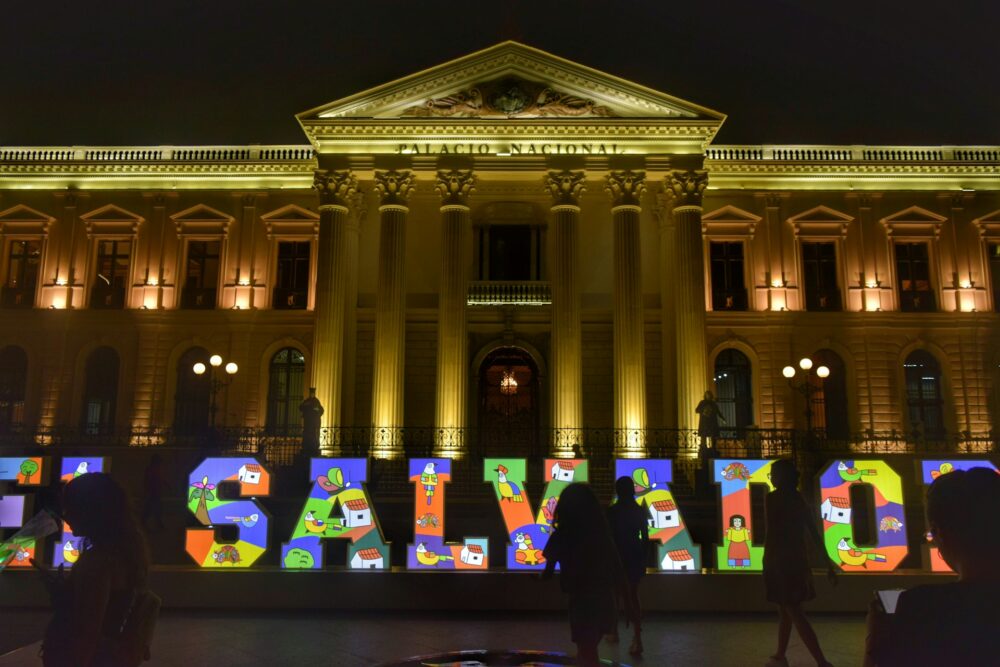
El Salvador classified Bitcoin as legal tender in 2021, making it a global pioneer. But that seems to be changing. In return for a billion-dollar loan from the IMF, Bitcoin is set to lose its special status in the country.
News about El Salvador rarely comes without Bitcoin (BTC):
In 2021, President Nayib Bukele pushed through the acceptance of Bitcoin as legal tender and presented plans to attract the crypto industry. This put El Salvador on the forefront of Bitcoin. But now Bukele is likely to have to backtrack, as the Financial Times reports. According to the report, the government is prepared to change its Bitcoin policy in return for a billion-dollar loan from the International Monetary Fund (IMF).
Specifically, it was agreed that companies and the state in El Salvador would no longer have to accept Bitcoin as a means of payment in the future, but that BTC would again become a voluntary option. According to the business newspaper, this is the IMF’s precondition for a loan of 1.3 billion US dollars and future credit lines. The negotiating partners did not want to comment on the report. The IMF had sharply criticized El Salvador’s Bitcoin rate and, according to the newspaper report, had stopped granting loans since 2021.
In addition to the turnaround in Bitcoin policy, the IMF is demanding that El Salvador reduce its budget deficit by 3.5 percent in the coming years, increase its cash reserves and pass anti-corruption laws, it continues. The deal is basically ready for signature and could be sealed before Christmas. El Salvador has had sobering experiences with Bitcoin as legal tender. A first study in 2022 showed that at most 20 percent of citizens used Bitcoin as a means of payment in everyday life. A second study in 2023 came to a similar result.
But President Nayib Bukele enjoys playing a special role in the global Bitcoin community. Just last week, Bukele explained on X how the state’s Bitcoin investments are proving profitable. El Salvador has invested almost 270 million US dollars in Bitcoin since 2021 and has now made a theoretical profit of a good 330 million US dollars – an increase of 127 percent. With a gross national product of around 15 billion US dollars annually, the state’s Bitcoin reserves in Central America are neither a small matter nor a major issue.
Conclusion: El Salvador urged by IMF to turn around on Bitcoin
Nayib Bukele governs El Salvador with an extremely heavy hand and has been able to curb rampant crime. But domestic political realities have prevented hoped-for investments by the crypto industry, and plans for a “Bitcoin City” and BTC mining with volcanic energy are no longer being pursued aggressively.
Now it is up to Bukele to give in to the IMF on the subject of Bitcoin and to benefit from cheap loans again. There is a joke in the crypto scene that El Salvador could use the prospective IMF loans to increase its Bitcoin reserves. However, the IMF is likely to rule this out – it is more likely that the US dollar will once again become the sole legal tender in El Salvador and the role of Bitcoin will be downgraded to that of a store of value.
__
(Featured image by Luis Rodriguez via Unsplash)
DISCLAIMER: This article was written by a third party contributor and does not reflect the opinion of Born2Invest, its management, staff or its associates. Please review our disclaimer for more information.
This article may include forward-looking statements. These forward-looking statements generally are identified by the words “believe,” “project,” “estimate,” “become,” “plan,” “will,” and similar expressions. These forward-looking statements involve known and unknown risks as well as uncertainties, including those discussed in the following cautionary statements and elsewhere in this article and on this site. Although the Company may believe that its expectations are based on reasonable assumptions, the actual results that the Company may achieve may differ materially from any forward-looking statements, which reflect the opinions of the management of the Company only as of the date hereof. Additionally, please make sure to read these important disclosures.
First published in BLOCK-BUILDERS.DE. A third-party contributor translated and adapted the article from the original. In case of discrepancy, the original will prevail.
Although we made reasonable efforts to provide accurate translations, some parts may be incorrect. Born2Invest assumes no responsibility for errors, omissions or ambiguities in the translations provided on this website. Any person or entity relying on translated content does so at their own risk. Born2Invest is not responsible for losses caused by such reliance on the accuracy or reliability of translated information. If you wish to report an error or inaccuracy in the translation, we encourage you to contact us

-

 Biotech6 days ago
Biotech6 days agoNew Molecular Clues Explain Aggressive Neuroblastoma and Point to Targeted Treatments
-

 Fintech2 weeks ago
Fintech2 weeks agoImpacta VC Backs Quipu to Expand AI-Driven Credit Access in Latin America
-

 Fintech3 days ago
Fintech3 days agoSwissHacks 2026 to Launch Inaugural Swiss FinTech Week in Zurich
-

 Impact Investing1 week ago
Impact Investing1 week agoClimate Losses Drive New Risk Training in Agriculture Led by Cineas and Asnacodi Italia
